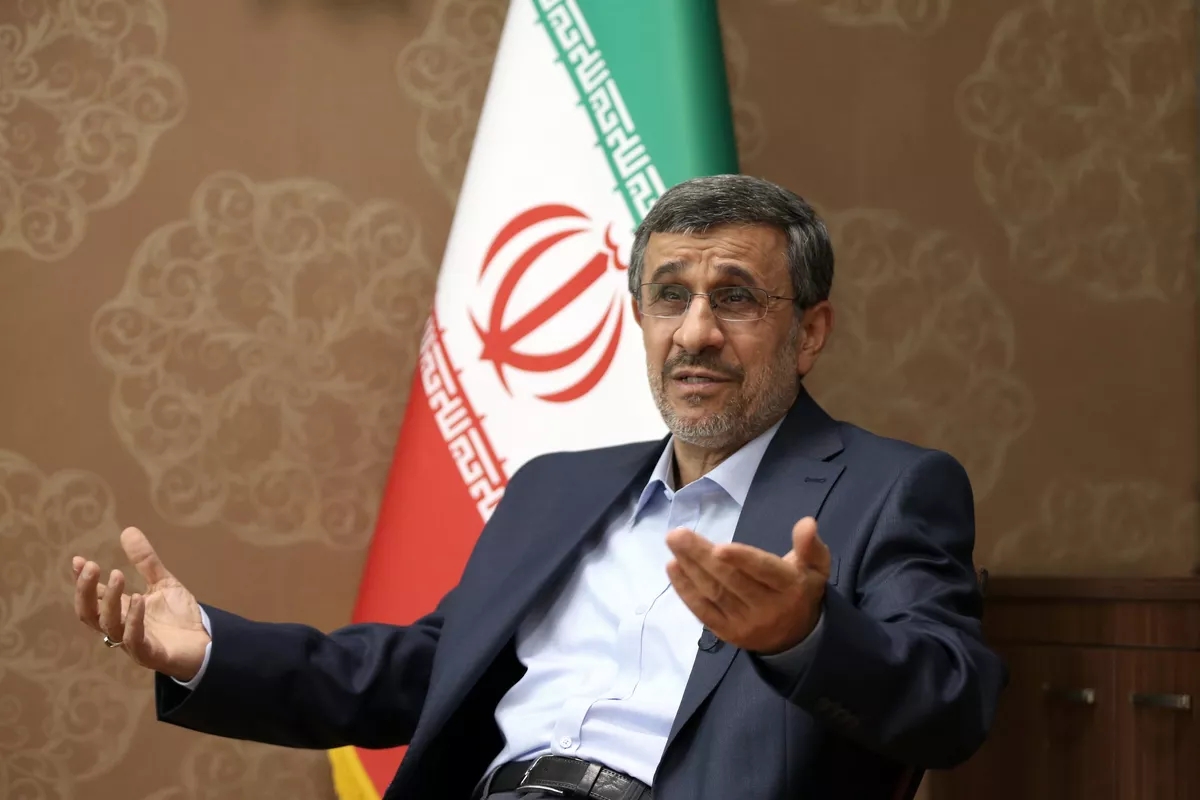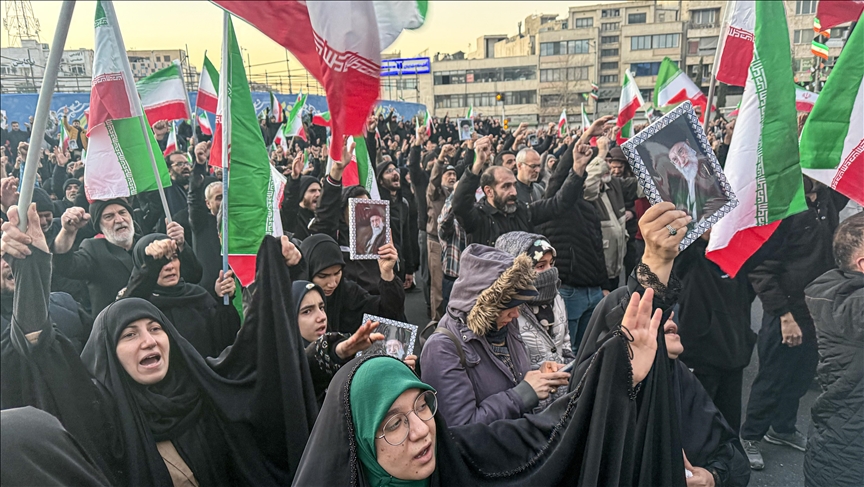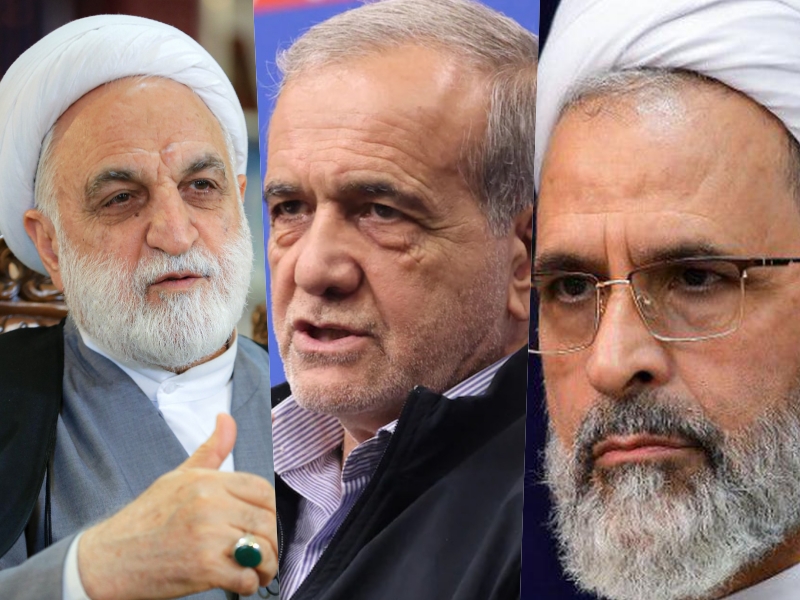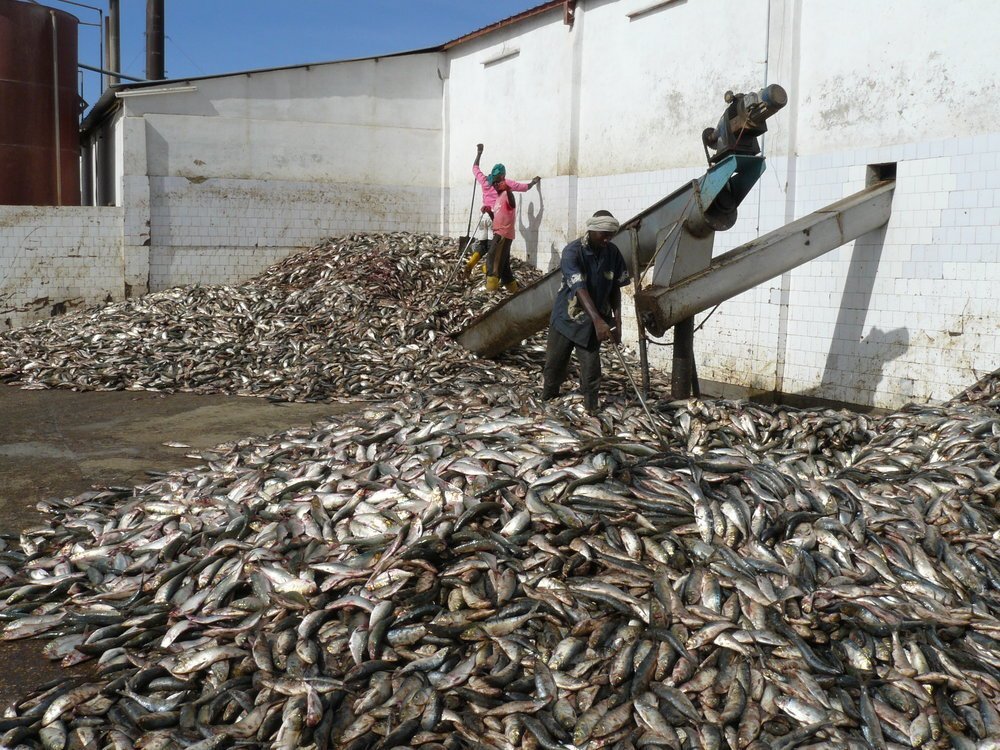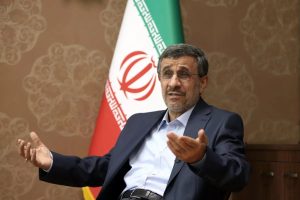Gambiaj;com – (BANJUL, The Gambia) – The Gambia’s Ministry of Fisheries, in collaboration with the FAO EAF-Nansen Programme, recently hosted a validation workshop to finalize the Sardinella Fisheries Management Plan. The event was a crucial step in addressing the sustainability of sardine and ethmalose fisheries in the country.
The plan aims to combat overexploitation of these important fish species, as well as mitigate the effects of climate change on their populations. Stakeholders from government, fishing communities, and conservation organizations came together to provide input and ensure that the plan is comprehensive and effective. With the validation of this management plan, The Gambia is taking a proactive approach to ensure the long-term health and viability of its sardinella and ethmalose fisheries.
Deputy Director of Fisheries, Momodou Sidibeh, highlighted the critical challenges facing the sardine and ethmalose fisheries, including overexploitation and climate change impacts. Sidibeh emphasized the urgent need to adhere to the scientific recommendations of the CECAF (Fishery Committee for the Eastern Central Atlantic), which call for an immediate 60% reduction in fishing effort and mortality rates.
Sidibeh noted that sardines and Bonga species are vital due to their high demand in the region, where they are a key source of affordable protein, micronutrients, and fatty acids. He stressed the importance of sustainable management of these fisheries for the entire sub-region, underscoring that it must be a priority for all affected countries.
The workshop, attended by over 40 participants from major fishing sites across The Gambia, marked a significant milestone in the development of the management plan, which began in 2021. The past two years included extensive consultations and diagnostics to identify major challenges and formulate appropriate management measures.
The validation workshop concluded the development phase of the plan and provided a platform for stakeholders to make final recommendations. It also updated the timetable for the validation and adoption process. Additionally, the workshop was a step towards adopting the ecosystem approach to fisheries, promoted by the EAF-Nansen Programme and endorsed by the FAO as a comprehensive framework for sustainable fisheries management. This approach considers ecological, human, and social sustainability dimensions, aiming to achieve a balanced and participatory management strategy.
The EAF-Nansen Programme, a collaboration between the FAO and Norway, with close involvement from the Norwegian Institute for Marine Research (IMR), is a key component of the United Nations Decade of Ocean Science for Sustainable Development (2021-2030).




